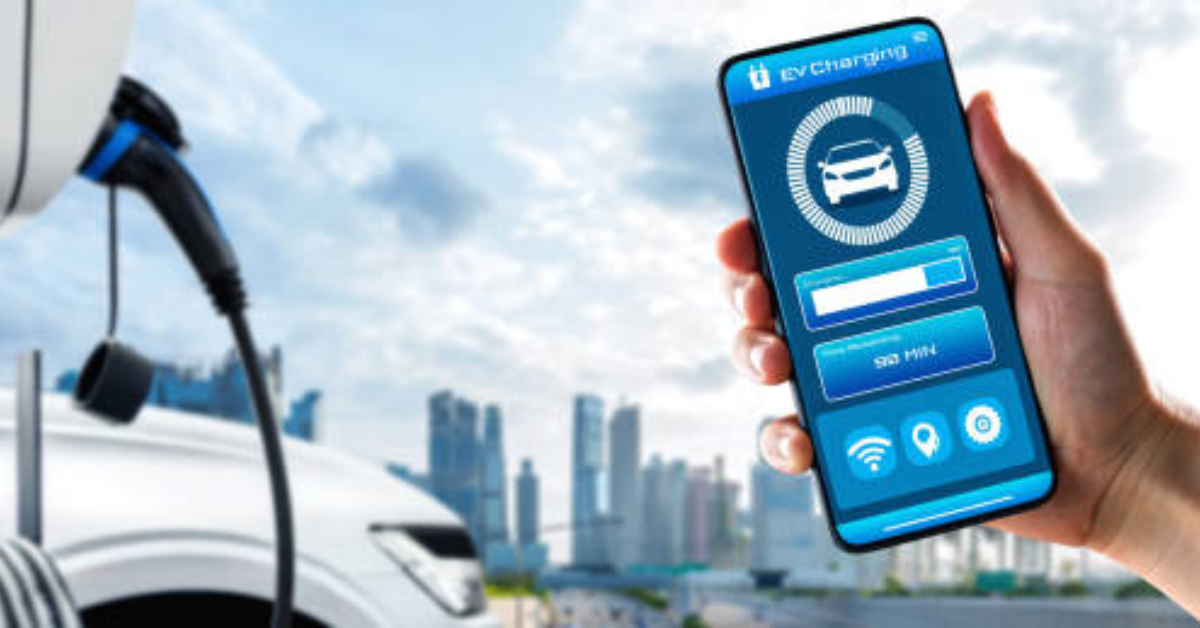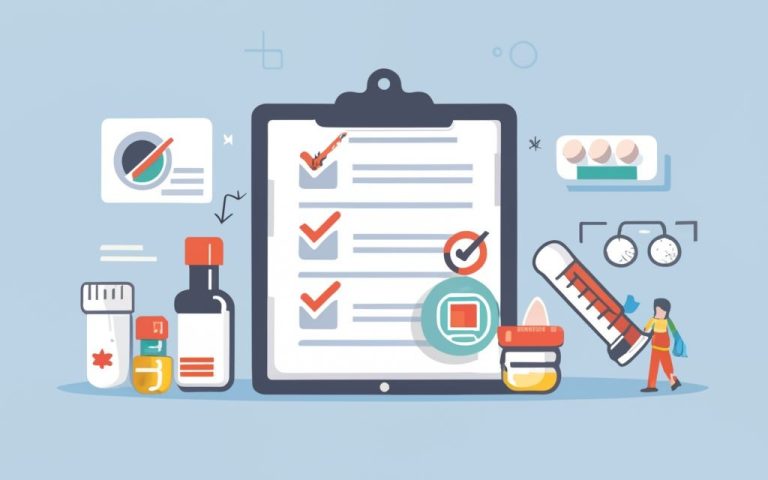How Smart Technology is Revolutionizing Mobility
In the modern age, smart technology is transforming various aspects of our lives, and mobility is no exception. From smart traffic systems to autonomous vehicles, advancements in technology are redefining how we move. This article explores how smart technology is revolutionizing mobility, making transportation more efficient, safer, and accessible.
Smart Traffic Systems
Traffic Management and Control
Smart traffic systems use sensors, cameras, and artificial intelligence to manage and control traffic flow efficiently. These systems can adjust traffic signals in real-time based on traffic conditions, reducing congestion and improving travel times.
Real-Time Traffic Updates
Smart technology provides real-time traffic updates to drivers, helping them avoid congested routes and accidents. Apps and navigation systems integrate this information to offer the quickest and safest routes.
Autonomous Vehicles
The Rise of Self-Driving Cars
Autonomous vehicles are one of the most significant advancements in mobility. These self-driving cars use a combination of sensors, cameras, and AI to navigate roads without human intervention. They promise to reduce accidents caused by human error and increase accessibility for those unable to drive.
Safety and Efficiency
Autonomous vehicles are equipped with advanced safety features, such as collision avoidance systems and automatic braking. They can communicate with each other to maintain optimal speed and distance, enhancing overall road safety and efficiency.
Connected Public Transportation
Smart Buses and Trains
Public transportation is becoming smarter with the integration of technology. Smart buses and trains are equipped with GPS, Wi-Fi, and real-time tracking systems, providing passengers with accurate arrival times and connectivity during their commute.
Mobility as a Service (MaaS)
Mobility as a Service (MaaS) platforms integrate various modes of transportation into a single accessible service. Users can plan, book, and pay for different transportation options through a single app, making their travel experience seamless and efficient.
The Role of IoT in Mobility
Internet of Things (IoT) Devices
IoT devices play a crucial role in modernizing mobility. Connected sensors and devices collect data from vehicles, infrastructure, and users to optimize transportation systems. This data is used to enhance traffic management, improve vehicle performance, and provide personalized travel experiences.
Vehicle-to-Everything (V2X) Communication
V2X communication enables vehicles to communicate with each other and with infrastructure, such as traffic lights and road signs. This technology improves road safety, reduces congestion, and enhances the overall driving experience.
Future Trends in Smart Mobility
Electric and Sustainable Transport
The future of mobility is electric and sustainable. Electric vehicles (EVs) are becoming more prevalent, supported by advancements in battery technology and charging infrastructure. Smart grids and renewable energy sources will power the EV ecosystem, reducing our carbon footprint.
Flying Cars and Hyperloop
Innovative concepts like flying cars and the Hyperloop are on the horizon. These futuristic modes of transport aim to revolutionize long-distance travel, offering faster and more efficient alternatives to traditional methods.
The Impact of Smart Technology on Mobility
Accessibility and Inclusivity
Smart technology is making transportation more accessible and inclusive. Autonomous vehicles and MaaS platforms provide mobility solutions for people with disabilities and those living in underserved areas.
Economic Benefits
The adoption of smart technology in mobility brings significant economic benefits. Improved traffic flow, reduced accidents, and enhanced public transportation efficiency lead to cost savings for individuals and governments.
Conclusion
Smart technology is undoubtedly revolutionizing mobility, making it more efficient, safe, and accessible. From smart traffic systems and autonomous vehicles to IoT and future transport innovations, the advancements in technology are transforming how we move. As we continue to embrace these innovations, the future of mobility looks promising.
For businesses looking to stay connected and enhance communication, exploring solutions like the Yealink IP Phone can be a game-changer, offering advanced features and seamless integration with modern technology.
By leveraging smart technology, we can create a transportation ecosystem that is not only efficient and safe but also sustainable and inclusive for all.







